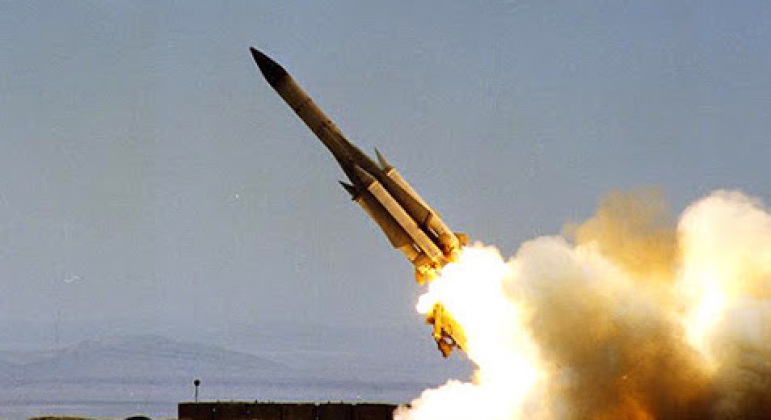News
Latest Israeli Air Strike on Damascus International Airport Kills Five Syrian Soldiers: Fragile Defences Under Pressure

The Israeli Air Force in the early hours of September 17 launched an air strike on Damascus International Airport, marking the latest of several attacks on civilian airports in the country which critics have claimed are an attempt to stymie its post-war recovery. The state run Syrian Arab News Agency (SANA) reported that “Our air defences intercepted hostile missiles in the airspace of Damascus and its countryside, shooting down a number of them,” but conceded that five Syrian soldiers were killed in the attack. Israeli fighters have consistently engaged Syrian targets from beyond the country’s airspace after taking losses, particularly after the shooting of an F-16I fighter by a Syrian S-200 missile system in February 2018 which was widely publicised and saw footage leaked on the internet. As a result only Israeli standoff cruise and ballistic missiles have come into the range of Syria’s air defences, although whether they have been as successful as claimed in shooting down the majority of incoming missiles remains uncertain.
Israel has over the past month struck several targets including a major science centre in Damascus and Aleppo’s own international airport, with the goals of these efforts being widely speculated but remaining unclear. The attacks come at a time when Turkish backed jihadist militants in northeastern Syria’s Idlib governate have also increased their attacks on the country’s armed forces, placing greater pressure on the country. The United States Military, which has entrenched its presence in northwestern Syria, has also increased its extractions of Syrian oil which have consistently been shipped overseas and sold for profit to help finance the American war effort – an act of pillaging widely condemned as illegal. Facing adversaries on multiple sides, the fact that the Russian Military has increasingly diverted its attentions towards war in Ukraine and tensions with NATO in Europe have only further undermined Syria’s ability to safeguard its security with the limited resources available, with its military and economy having yet to recover from a decade of intensive counterinsurgency warfare. Although Syria has its own fighters able to intercept attacks, the difficulties of challenging adversaries which far outnumber it outside its airspace, and the need to conserve air power for a possible escalation on any front, has prevented Damascus from pressing ahead with this. Israeli strikes on the country are expected to continue, which alongside appropriation of Syrian oil by the United States and agitation from Turkish-backed militias will ensure that Syria’s recovery is far from fast or trouble free.












